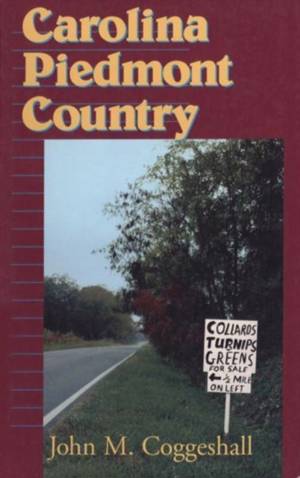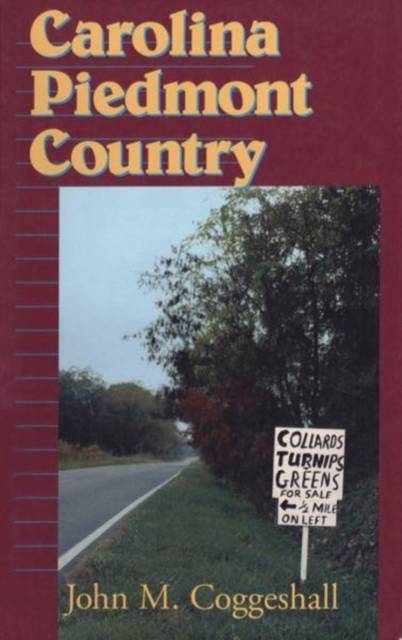
- Retrait gratuit dans votre magasin Club
- 7.000.000 titres dans notre catalogue
- Payer en toute sécurité
- Toujours un magasin près de chez vous
- Retrait gratuit dans votre magasin Club
- 7.000.000 titres dans notre catalogue
- Payer en toute sécurité
- Toujours un magasin près de chez vous
59,45 €
+ 118 points
Description
For over a century, cotton production influenced the folklife of the Carolina Piedmont. In the wake of the reconstruction in the 1870s the Piedmont sprouted a number of industrial towns whose cotton mills utilized the area's inexpensive power, labor, and materials. Simultaneously a system of tenant farming evolved, creating a class of improvised black and white farmers. Their interaction with small-town elites helped to create a distinctive culture that is the fascinating backdrop of this amiable book. As is revealed here, the Piedmont's agricultural past shapes contemporary values and attitudes. Family, hospitality, conservatism, individuality, and an acceptance of slower pace typify the foothills culture in the western region of the Carolinas. They foster traits that color the folklore, the foodways, and the domestic architecture. Proliferating in this region of the American Southeast are many of the verbal and social characteristics that outsiders pronounce to be distinctively "southern"--the southern accent in its many variations, family reunions, flea-market shopping, camp meetings, and revivals.
Spécifications
Parties prenantes
- Auteur(s) :
- Editeur:
Contenu
- Nombre de pages :
- 290
- Langue:
- Anglais
- Collection :
Caractéristiques
- EAN:
- 9780878057672
- Date de parution :
- 01-10-96
- Format:
- Livre broché
- Format numérique:
- Trade paperback (VS)
- Dimensions :
- 160 mm x 228 mm
- Poids :
- 489 g







